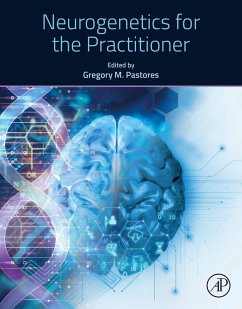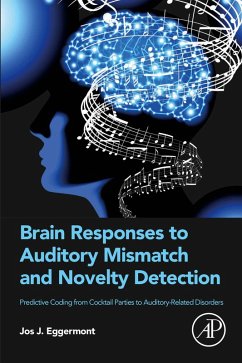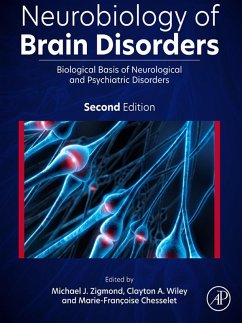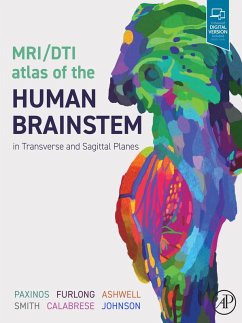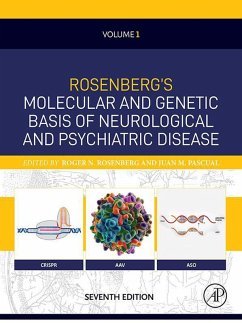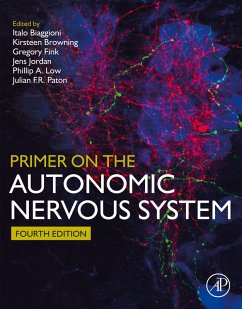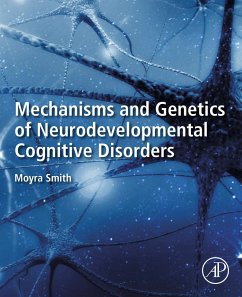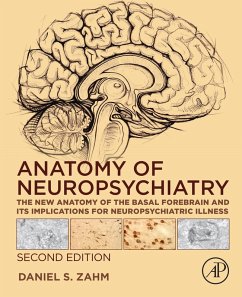
The Story of the Brain in 10½ Cells (eBook, ePUB)

PAYBACK Punkte
5 °P sammeln!
LONGLISTED FOR THE BSHS BRITISH SOCIETY FOR THE HISTORY OF SCIENCE HUGHES PRIZE 2025There are more than 100 billion brain cells in our heads, and every single one represents a fragment of thought and feeling. Each cell possesses a mysterious beauty, with branching, intricate patterns like shattered glass. Richard Wingate has been scrutinising them for decades, yet he is still gripped by the myriad of forms when he looks down the microscope.With absorbing lyricism and clarity, Wingate shows how each type of cell possesses its own personality and history, illustrating a milestone of scientific d...
LONGLISTED FOR THE BSHS BRITISH SOCIETY FOR THE HISTORY OF SCIENCE HUGHES PRIZE 2025
There are more than 100 billion brain cells in our heads, and every single one represents a fragment of thought and feeling. Each cell possesses a mysterious beauty, with branching, intricate patterns like shattered glass. Richard Wingate has been scrutinising them for decades, yet he is still gripped by the myriad of forms when he looks down the microscope.
With absorbing lyricism and clarity, Wingate shows how each type of cell possesses its own personality and history, illustrating a milestone of scientific discovery and illuminating the stories of pioneering scientists like Santiago Ramon y Cajal and Francis Crick, and capturing their own fascinating shapes and patterns.
Discover the ethereal world of the brain with this elegant little book - and find out how we all think and feel.
There are more than 100 billion brain cells in our heads, and every single one represents a fragment of thought and feeling. Each cell possesses a mysterious beauty, with branching, intricate patterns like shattered glass. Richard Wingate has been scrutinising them for decades, yet he is still gripped by the myriad of forms when he looks down the microscope.
With absorbing lyricism and clarity, Wingate shows how each type of cell possesses its own personality and history, illustrating a milestone of scientific discovery and illuminating the stories of pioneering scientists like Santiago Ramon y Cajal and Francis Crick, and capturing their own fascinating shapes and patterns.
Discover the ethereal world of the brain with this elegant little book - and find out how we all think and feel.
Dieser Download kann aus rechtlichen Gründen nur mit Rechnungsadresse in A, D ausgeliefert werden.





